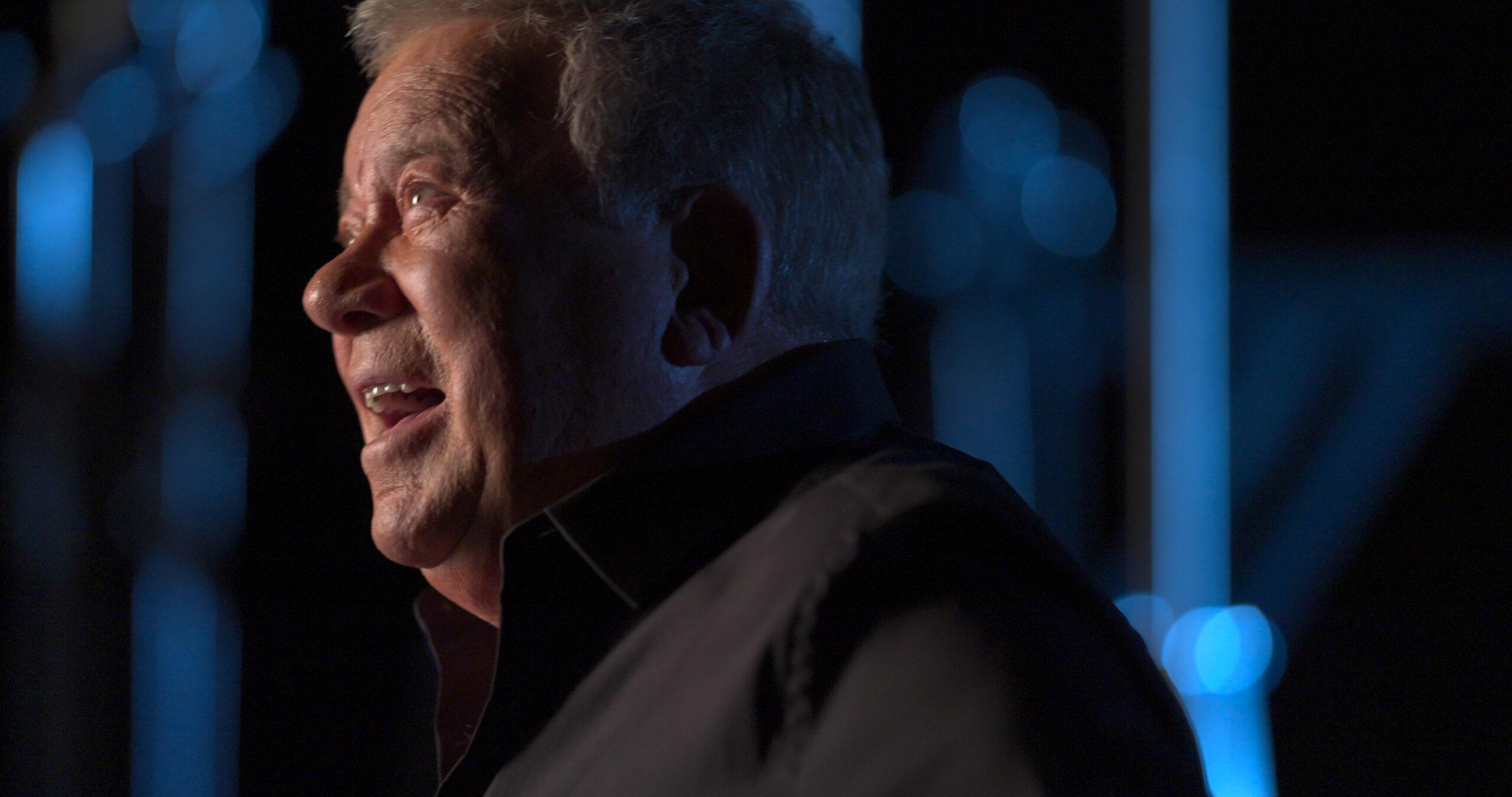William Shatner: You Can Call Me Bill
Danny Elfman Teaches Music for Film

William Shatner reflects on his life and career in William Shatner: You Can Call Me Bill. Now in his 90s, William Shatner sits down to reflect on his life growing up in Montreal and his career as an actor, most famously as Captain James T. Kirk on Star Trek. Shatner also reflects on what type of legacy he wants to leave behind when he leaves this world.
William Shatner: You Can Call Me Bill Synopsis
William Shatner: You Can Call Me Bill is a biographical documentary about the Star Trek actor directed by Alexandre O. Philippe (Lynch/Oz, Leap of Faith: William Friedkin on The Exorcist, Memory: The Origins of Alien). Divided into five chapters, along with a prologue and epilogue, the film consists of an extended interview with William Shatner, who gets extremely self-reflexive with the knowledge that he probably doesn’t have too many years left to live. Along with his acting roles on shows such as The Twilight Zone, Star Trek, T.J. Hooker, and Boston Legal, the film tackles William Shatner’s love of nature and his opportunity to travel to space in 2021 on the Blue Origin rocket.

My Thoughts on William Shatner: You Can Call Me Bill
While the documentary has plenty of film and TV clips, William Shatner: You Can Call Me Bill ends up being a surprisingly emotional look back on the life of career of William Shatner. The film is being released to coincide with Shatner’s 93rd birthday and he speaks in the film as a man knowing that he is nearing the end of his life. One theme that repeats throughout the film is how much in awe Shatner is of nature and he even states how he has made arrangements to have his remains buried with a tree.
William Shatner: You Can Call Me Bill differs somewhat from other documentaries about Star Trek actors, such as 2014’s To Be Takei and 2016’s For the Love of Spock. Surprisingly little is spent solely on Shatner’s acting career, and his ultimate legacy as James T. Kirk, even though the roles that he has played over the years frame many of the topics that he talks about in his interview. The film also features some humorous moments, such as Shatner being unable to hear his often-imitated manner of speaking and his recalling of the time he was asked to present an achievement to George Lucas. However, William Shatner also talks about loneliness and his knowledge that he has grandchildren that he will probably never see grow up.
An event that makes up the fifth and final chapter of William Shatner: You Can Call Me Bill is when science fiction became reality and a 90-year-old Shatner was invited to fly into orbit on the Blue Origin New Shepard 4 shuttle. Shatner contrasts this moment with a period after Star Trek was cancelled when he was broke and living in a pick-up truck and watching the 1969 moon landing on a portable television set. Shatner recalls looking outside the NS4 into the relentless blackness of space and realizing that Earth is just debris within the Solar System.
Despite now being in his 90s, William Shatner finds himself busier than he has ever been and he hopes that the time for him to die doesn’t come too soon. However, even if it does, William Shatner: You Can Call Me Bill will ensure that Shatner is remembered for his years of achievements. Also, he wants to be a tree.



 Bubble Planet is an immersive experience full of bubbles! Step into a planet beyond your imagination with VR technology, themed rooms, fantastical landscapes, and even a hot air balloon simulator.
Bubble Planet is an immersive experience full of bubbles! Step into a planet beyond your imagination with VR technology, themed rooms, fantastical landscapes, and even a hot air balloon simulator.